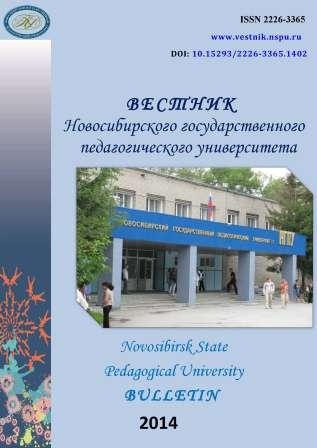ПРИНЦИПЫ ФОРМИРОВАНИЯ, СОДЕРЖАНИЕ И ТИПЫ ЛИНГВОКУЛЬТУРОЛОГИЧЕСКИХ СЛОВАРЕЙ
PRINCIPLES, CONTENTS AND TYPES OF LINGUOCULTURAL DICTIONARIES
Author(s): Alexey Alexandrovich ChernobrovSubject(s): Language and Literature Studies
Published by: Новосибирский государственный педагогический университет
Keywords: language and culture; lexicography; language associations.
Summary/Abstract: The paper is devoted to Linguocultural lexicography. Existing and potential Russian-English and Russian-German Linguocultural dictionaries are examined. Examples of dictionary entries are given. Linguocultural dictionaries are based on certain theoretical principles and among these are cultural specifity of information, combination of linguistic and extralinguistic aspects, logical and psychological components of meanings, ostensive definitions. Linguocultural dictionaries are compiled according to two main principles: 1) cultural specificity of the lexeme or any components of word meanings; 2) familiarity of the dictionary information for all the speakers of the given language. Studying language it is necessary, on the one hand, to examine the material artifacts of culture, science, history, folklore etc. On the other hand we enter the area of mental entities determined both by social factors and personal experiences of individuals. Extralinguistic reality determines certain explicit and implicit components of word meanings. These components in turn transform the linguistic environment of the given word, its combinability, distribution and contextual valency.
Journal: Вестник Новосибирского государственного педагогического университета
- Issue Year: 2014
- Issue No: 3
- Page Range: 37-47
- Page Count: 11
- Language: Russian

